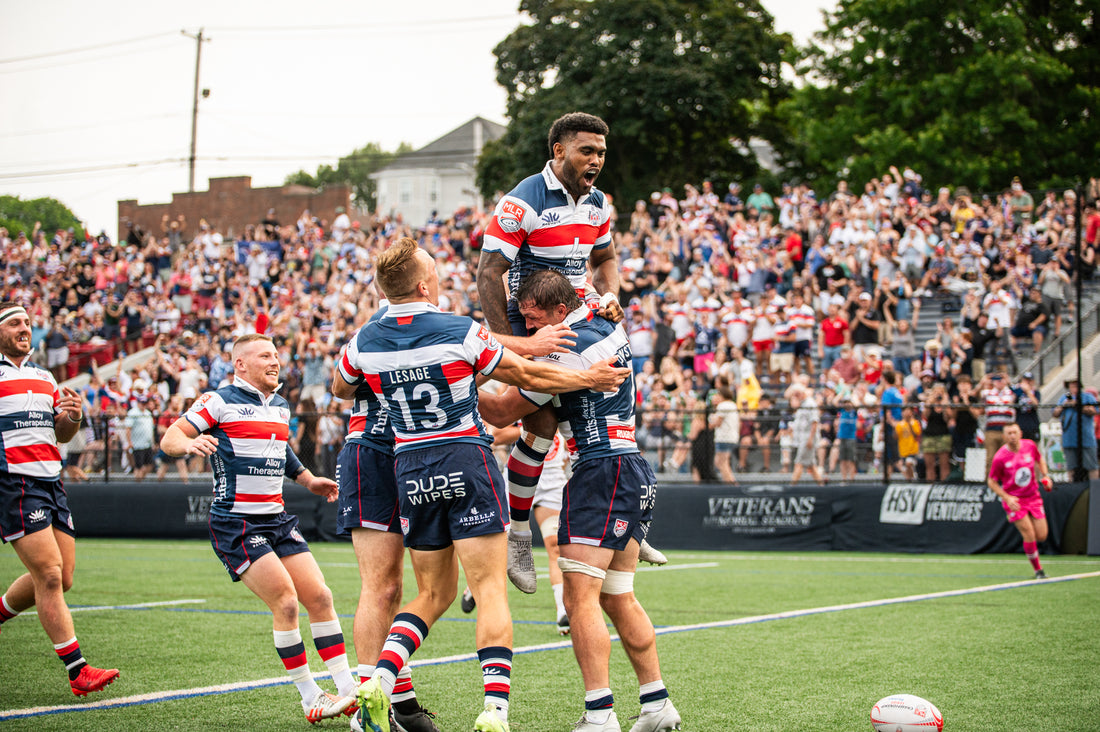In the world of athletics, the saying the best ability is availability and during the course of a season, one of an athlete’s biggest opponents is staying healthy. The rigors any athlete places on themselves during competition is a true battle of attrition against one’s commitment to performance and recovery. Rugby is a fast paced and physical sport with high demands on the body. These demands are highlighted by the length of our season, over the course of 27 weeks, our athletes are putting in around 135 training sessions and matches combined… not including weight lifting sessions.
Our athletes acclimatize to the stresses placed on them through the season as their body adapts to the workload. Often times, we can see over the course of a season a player hits peaks and valleys in their performance and training due to injury, overuse or burnout. Our goal as a health and performance staff is to do our best to provide the player group a platform to limit the undulation and be as consistent as possible in prep, performance and recovery. There are many ways in which we apply this process during a season, one of them being workload management. Athletes demand the most from their bodies during training and competition and as a result, can end up in negative physiologic state where the body is trying to recover after an event. Recovery is paramount in these moments to return to the body back to as close to 100% as possible. Through elite recovery habits – sleep, mobility and nutrition, we work to achieve this goal. Where the body starts to maintain a negative state is when we see decrease in performance or increase in injury start to occur. Once we see trends start to pop up in our player group, we assess what we have been doing and adapt our processes on either an individual basis or the player group as a whole. The constant review and assessment of our players allows us to mitigate would be problems in a high-performance rugby environment.
While the process may seem rigorous, the plan should remain the same with any athlete. After putting in a big shift on-field or in the gym, focus just as hard on what you are doing to recover and put your body in the best position to perform the next session. Work to maintain healthy standards in maintaining mobility, sleeping, and eating to get back to baseline. HOTSHOT recovery is a great supplementation to these standards that really minimizes our athletes from staying in the red and gets us up for the next challenge.

